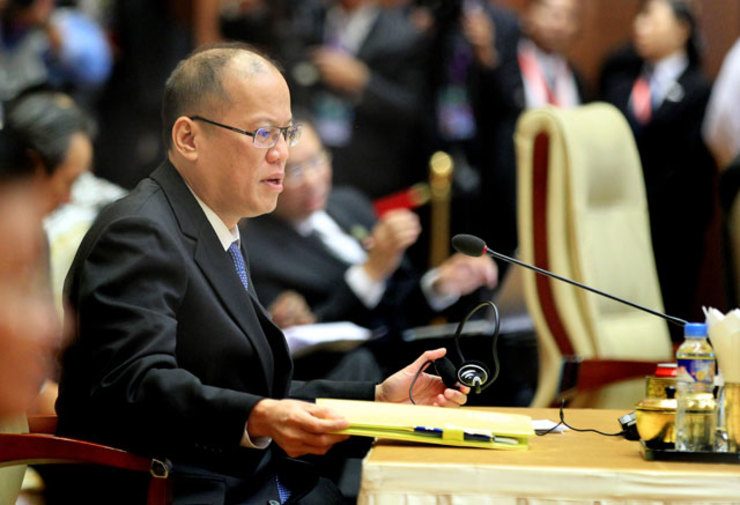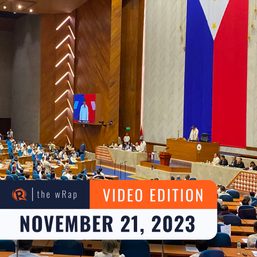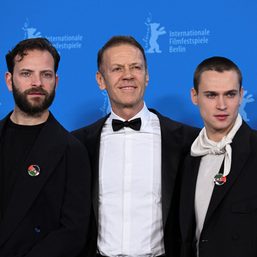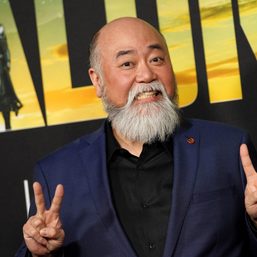SUMMARY
This is AI generated summarization, which may have errors. For context, always refer to the full article.

NAYPYIDAW, Myanmar – President Benigno Aquino III thanked China for its partnership with ASEAN but made it clear the economic giant has to address the South China Sea issue based on the rule of law.
On Thursday, November 13, at the ASEAN-China Summit, in front of Chinese Premier Li Keqiang and other ASEAN member states, Aquino said the issue is one that concerns not just the region but the world.
“We see an opportunity to maximize China’s role as a partner of ASEAN, one that can be realized if both parties can demonstrate to the rest of the world that they can jointly address security concerns in the region based on the rule of law,” he said.
“ASEAN has expressed concern over developments in the South China Sea. This is not only an issue between ASEAN and China; countries outside the region also have a legitimate and strategic interest in the South China Sea since a substantial percentage of world trade traverses this international body of water.”
Aquino also said all the efforts of ASEAN and China to have hotlines and search and rescue arrangements will not be meaningful unless “there are concrete positive developments on the waters of the South China Sea.”
China’s friendship treaty
The President’s statements come after China, at the East Asia Summit earlier on Thursday, offered a friendship treaty with Southeast Asian countries, to show it should not be perceived as a threat in the region. China, however, still emphasized its preference to settle maritime disputes directly with each country rather than involve other parties.
Aquino pushed for the implementation of the 2002 ASEAN-China Declaration on the Conduct of Parties in the South China Sea or DOC and the early conclusion of a Code of Conduct (COC).
“This does not necessitate reinventing the wheel. We can source the elements of the proposed COC from existing norms and international conventions that promote good conduct at sea,” he said.
“These, among the many other initiatives we may undertake with China, will allow us to give rise to a region that is even more capable of pursuing greater progress and prosperity, one that adheres to the rule of law.”
It is Aquino’s first ASEAN Summit since the Philippines submitted a memorial to a United Nations-backed arbitral tribunal over a maritime dispute with China in the South China Sea.
The memorial, a nearly 4,000-page document, was submitted by the Philippines on March 29 in a bid to end what it considered decades of bullying by China. China however has refused to acknowledge the designated arbitral tribunal’s jurisdiction to hear the case.
Other ASEAN countries such as Malaysia, Vietnam and Brunei are also claimants in the disputed area. Talks on the urgent need to adopt a legally-binding COC have dominated the Summit with countries agreeing it must be completed soon since it’s been pending for over a decade.
Stronger partnership
At the Summit, Aquino also mentioned the “warm conversation” he had with President Xi Jinping in Beijing just two days prior, wherein the two countries “agreed to work on improving relations between our two countries.”
“I believe that relations can be improved without sacrificing our advocacies, including efforts to clarify maritime entitlements through arbitration,” he said.
Aquino also praised ASEAN and China’s efforts to deepen trade liberalization through the upgrade of the ASEAN-China Free Trade Area, and China’s interest in engaging ASEAN Defense Ministers in dialogue on security cooperation.
He also acknowledged the memorandum of understanding signed on the Establishment of the Asian Infrastructure Investment Bank (AIIB).
“The Philippines recognizes that China’s emergence as an economic power has been of great benefit not only for the Asia-Pacific region but also for the world. China’s growth expands international trade, investment, and tourism. As such, we are looking forward to China’s partnership in many areas as we build the ASEAN Community beyond 2015,” he said. – Rappler.com
Add a comment
How does this make you feel?















There are no comments yet. Add your comment to start the conversation.